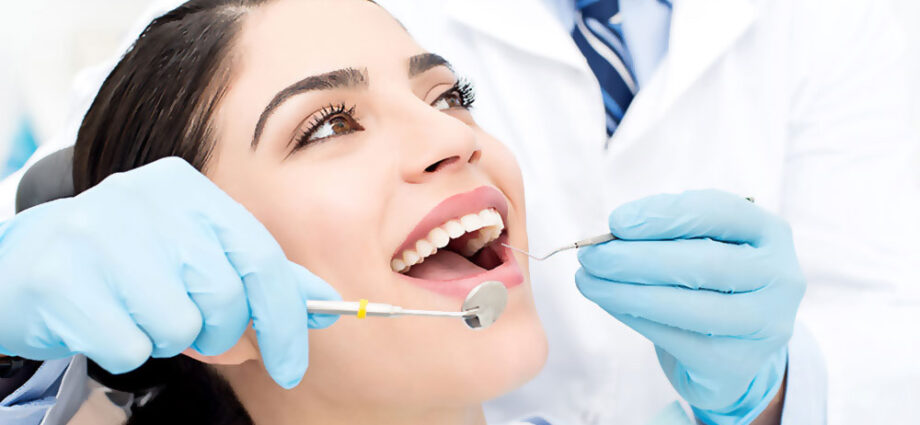Oral cancer, though less common than some other cancers, poses a significant threat to oral health and overall well-being. As explained by general dentistry dentist, it is important to detect oral cancer early for a successful treatment and a better prognosis. This article explores how oral cancer can be diagnosed and the various treatment options available.
Diagnosis of Oral Cancer:
The diagnosis of oral cancer involves:
- Physical Examination: A dentist will perform a thorough examination of your mouth, throat, and neck, looking for any sores, lumps, or changes in tissue color or texture.
- Imaging Tests: X-rays, CT scans, or MRIs might be used to visualize the extent of the cancer and assess the involvement of surrounding structures.
- Biopsy: A small tissue sample is removed from the suspicious area and examined under a microscope to confirm the presence of cancer cells.
Treatment of Oral Cancer:
The treatment plan for oral cancer depends on various factors, including the stage and location of the cancer, the patient`s overall health, and the approach of your dentist. The treatment options commonly used are:
- Surgery: The most common approach for oral cancer is surgery to remove the cancerous tissue. The extent of surgery depends on the size and location of the tumor.
- Radiation Therapy: High-energy X-rays are used to kill cancer cells. Radiation therapy can be used before or after surgery or as the primary treatment for some cases.
- Chemotherapy: Chemotherapy uses powerful drugs to kill cancer cells throughout the body. It can be used in combination with surgery and radiation therapy or alone in some cases.
- Targeted Therapy: These newer drugs target specific vulnerabilities in cancer cells, offering a more precise approach to treatment with potentially fewer side effects.
- Immunotherapy: This treatment helps your body’s immune system fight cancer cells. Immunotherapy is still under development for oral cancer, but it holds promise for future treatment options.
Regular dental examinations enable dentists to identify precancerous lesions or anomalies early on. You can examine your mouth for unusual changes in your tongue, gums, or lips once a month by self-examination to detect this disease in earlier stages. Early diagnosis is still essential since early cancer identification maximizes the effectiveness of treatment. A balanced diet and refraining from alcohol and tobacco may lower your risk of oral cancer. Although treating oral cancer can be difficult, many patients now have a better prognosis with the help of developments in dental technologies.

